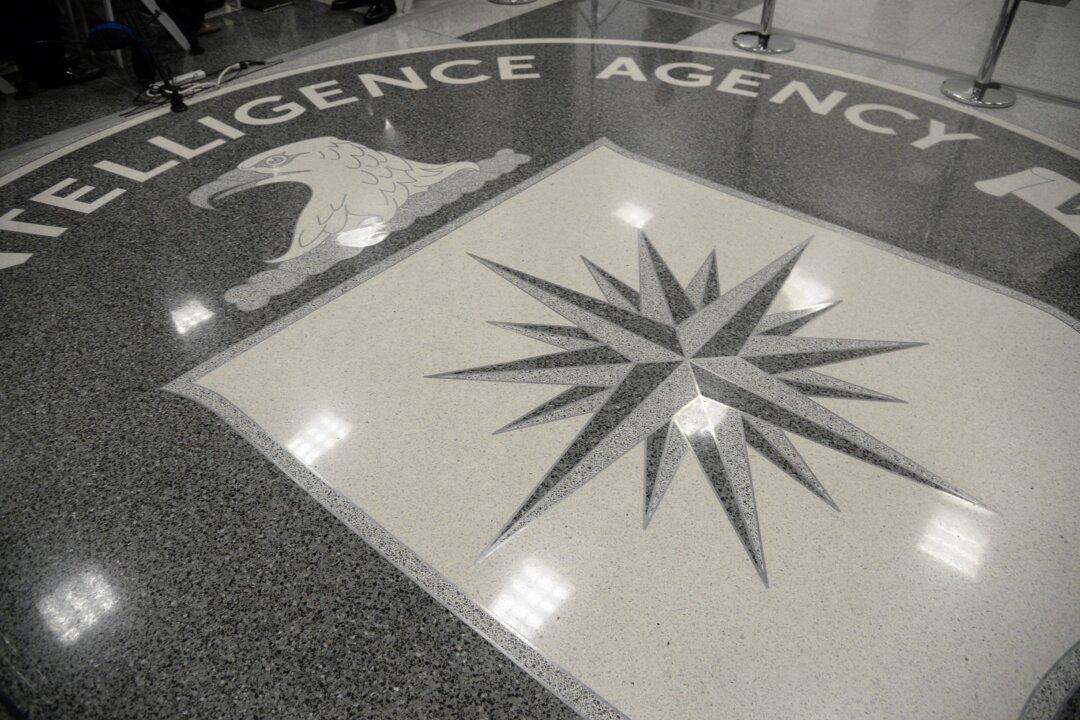Hamas could continue to trouble Israel for years to come, according to a new global threat assessment prepared by the U.S. intelligence community.
Israeli forces have been fighting in the Gaza Strip against Hamas—a Palestinian faction designated by Israel, the United States, and several other nations as a terrorist group—since the group attacked southern Israel on Oct. 7, 2023. Israeli Prime Minister Benjamin Netanyahu and members of his administration have repeatedly insisted that the ongoing Israeli military campaign in the Gaza Strip will bring about Hamas’s eradication, but a recent report by the U.S. Office of the Director of National Intelligence (ODNI) suggests that the Palestinian faction could continue to evade Israeli forces and persist for some time.





